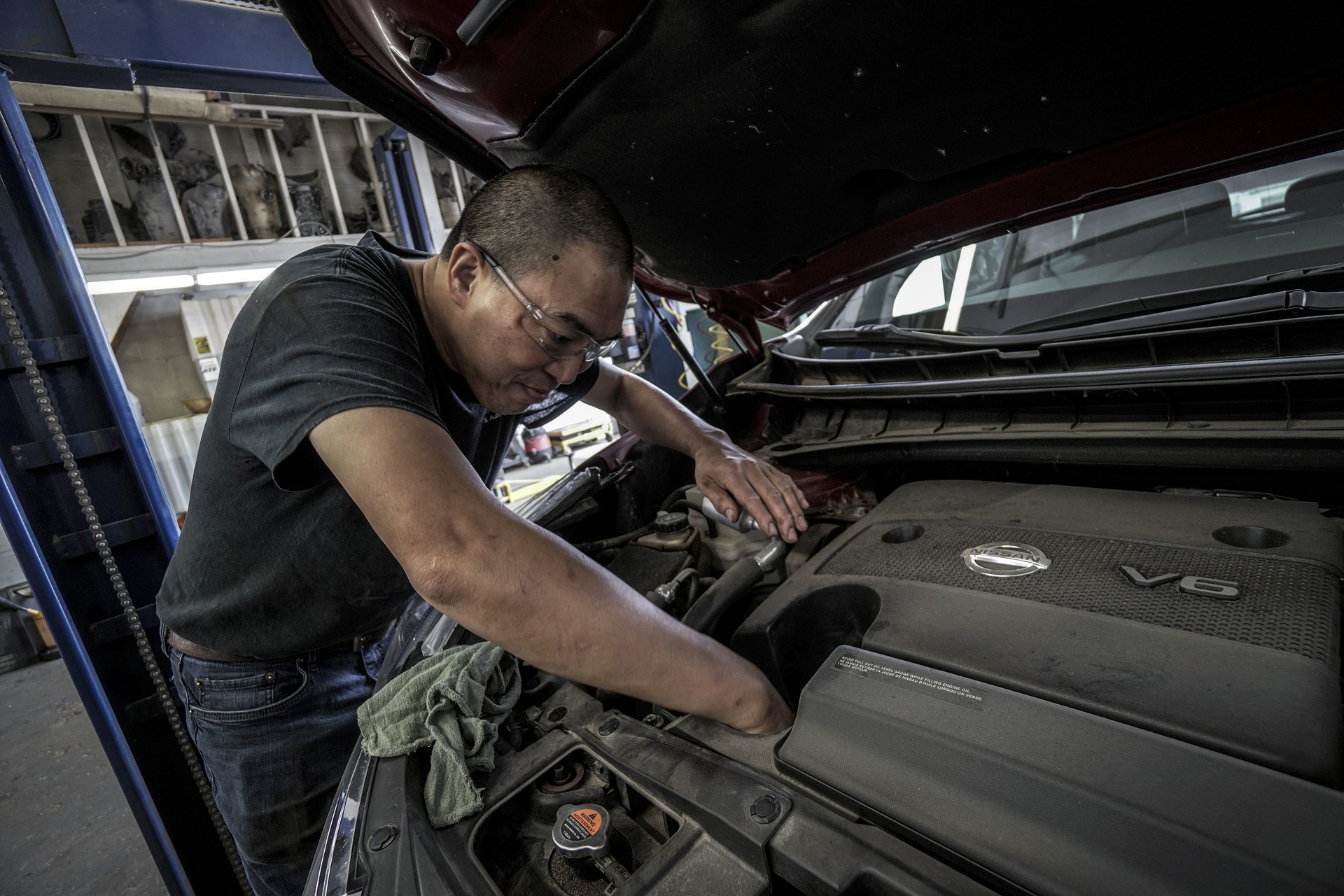The ongoing COVID-19 outbreak has caused many jurisdictions to take measures to limit commercial activity, shuttering restaurants, playgrounds, and other places where people commune, but allowing business sectors deemed “essential,” including the automotive aftermarket to continue operating.
These moves fall under provincial responsibility and at present, British Columbia, Ontario, Quebec, Prince Edward Island and New Brunswick have made “essential business” (Ontario’s term is “essential workplace”) declarations covering key sectors of the economy.
The reasons for this include maintaining the infrastructure necessary to keep goods and services flowing to support efforts to mitigate the impact of the COVID-19 outbreak. But many who work in the aftermarket may not understand just what it means to be an “essential business.”
The Automotive Industries Association of Canada offered some important guidance about what being “essential” means to aftermarket businesses, and what it doesn’t.
- Essential business designation does not mean a shop MUST stay open, it means that it CAN stay open when non-essential businesses have been ordered to remain closed.
- The decision to stay open is up to each individual company.
- Work should be limited to providing service and maintenance to other industries and individuals designated as essential services by local, provincial and federal authorities.
- Employers have a duty to protect the health and safety of their staff and customers.
If you choose to keep your business open during this time, AIA Canada has provided some steps you can take to help keep you and your customers safe and healthy:
- At all times, follow the advice and instructions provided by municipal, provincial and federal health authorities.
- Staff who are sick, symptomatic or in a high-risk group should stay home.
- Provide hand sanitizer and soap for frequent hand cleaning.
- Keep customers and vendors out of the shop. You have the right to screen customers and refuse entry for health and safety reasons. (see the Retail Council of Canada’s COVID-19 FAQ)
- Stagger shifts, breaks and lunch hours to decrease staff interaction and increase physical distancing.
- Move staff meetings to a digital format where possible.
- Schedule appointments to limit the number of people at the shop at any one time.
- Use photo estimation as much as possible.
- Vehicles should be thoroughly disinfected when received from a customer and when returned to them.
- Whatever steps your shop takes during this time should be clearly communicated to staff and customers and they should be on board with them.
AIA Canada’s response to it, please visit their Coronavirus resource page.
In addition, the AIA has a dedicated e-mail address for related inquiries: covid19@aiacanada.com.


0 Comments